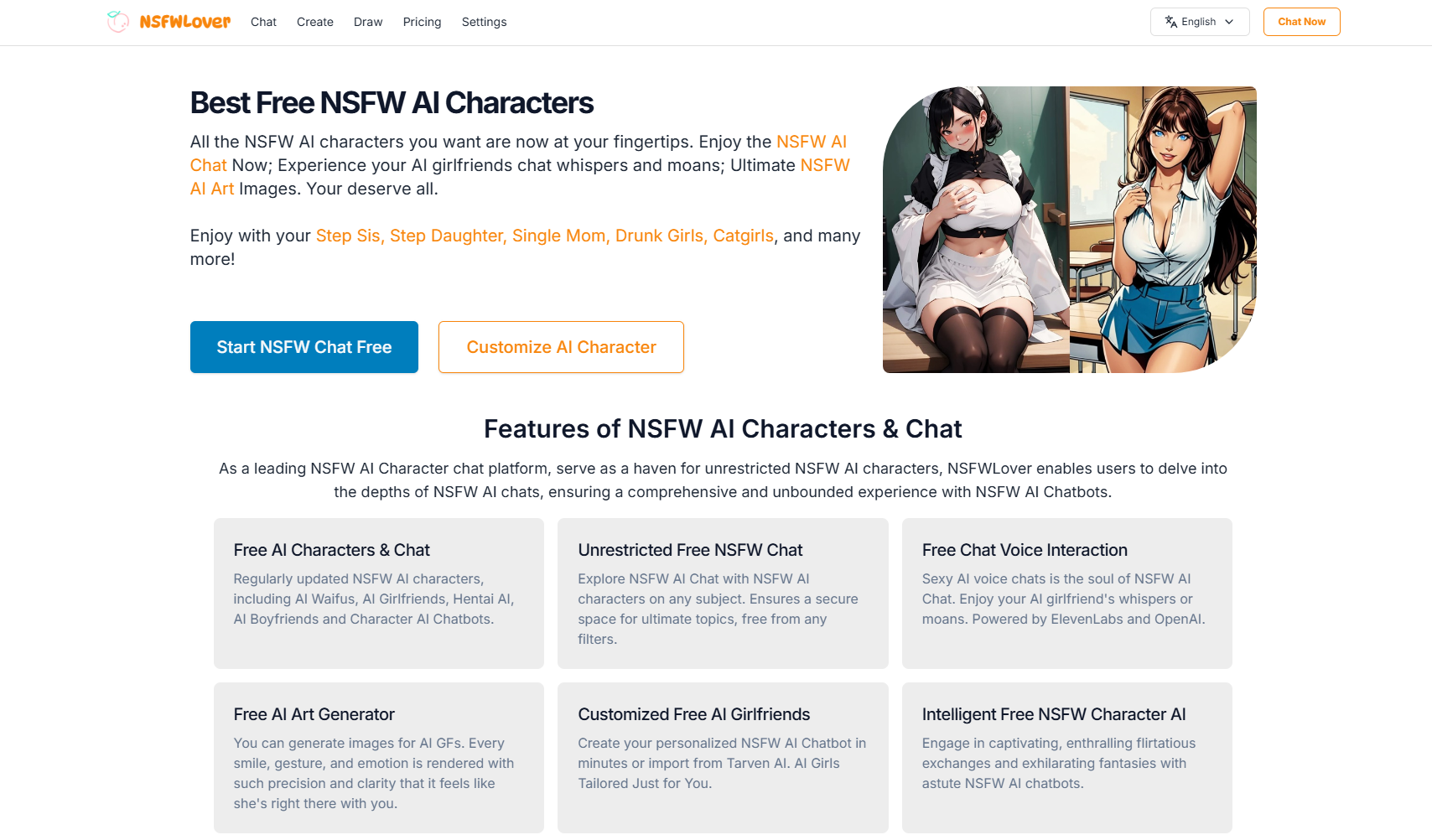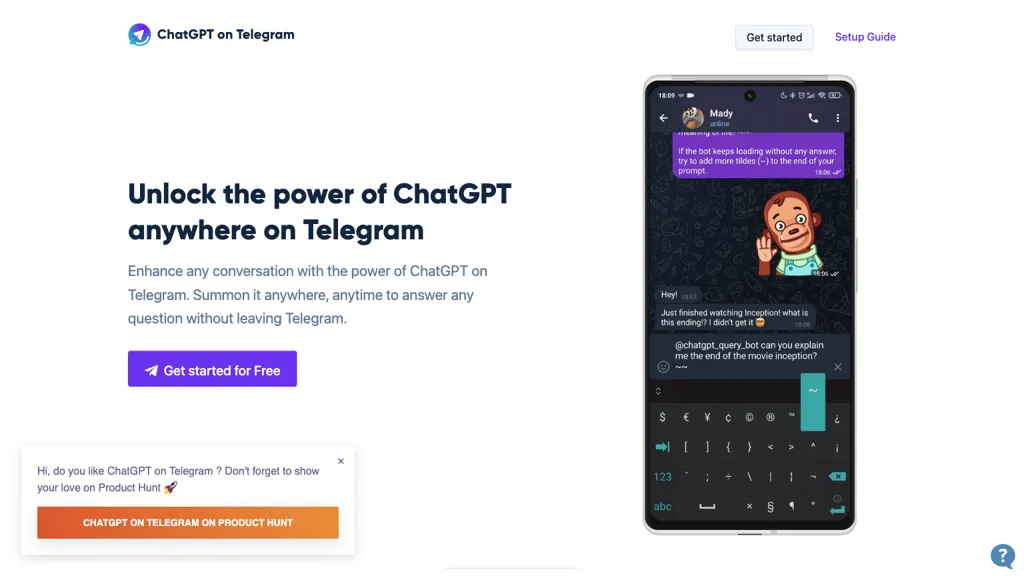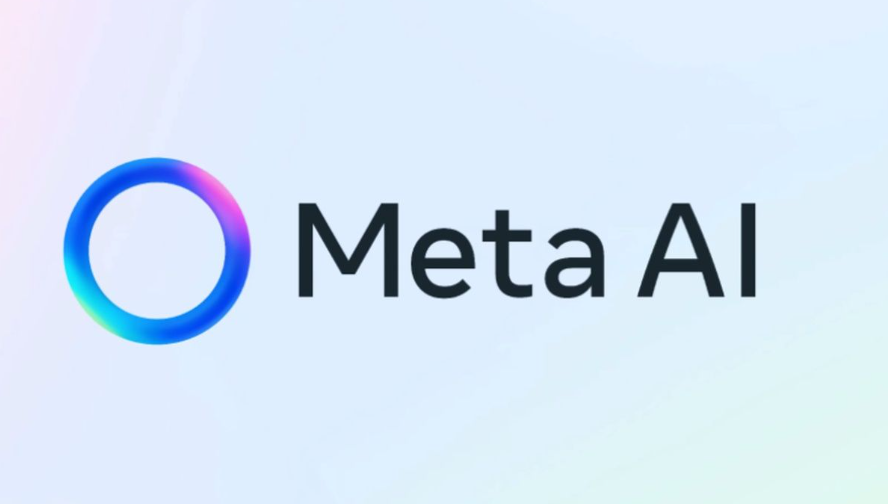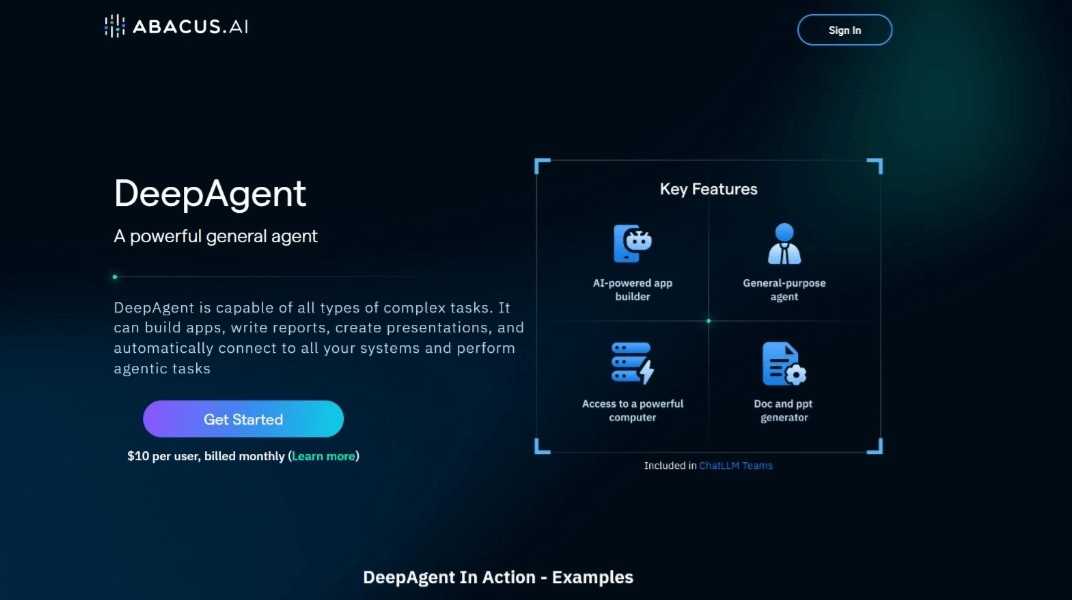
WebLlama is an agent built on Meta Llama 3 and fine-tuned specifically for web navigation and conversation. It is designed to build effective human-centered agents that help users navigate the web, not replace them. The model surpasses GPT-4V (zero-sample) by 18% on the WebLINX benchmark, demonstrating its superior performance in web navigation tasks.
Demand group:
["Researchers and developers: You can use WebLlama to conduct research and development of web navigation tasks", "Business users: Automate web page interactions through WebLlama and improve work efficiency", "Technology enthusiasts: Explore and learn the latest web navigation and conversational agent technology"]
Example of usage scenario:
Use WebLlama to automate the online booking process
Integrate into existing systems to implement complex web page data capture tasks
As a research tool to explore new approaches to web navigation and conversational systems
Product features:
Training on web navigation tasks using Meta Llama 3
Fine-tuning on the WebLINX dataset, containing over 24K instances of web page interactions
Provides guidance on training scripts, optimizing configurations, and training cutting-edge Llamas
Integrates with existing deployment platforms such as Playwright, Selenium and BrowserGym
Provide model and training evaluation data on Hugging Face Model Hub
Training and evaluation based on 150 websites, covering a variety of complex tasks
Usage tutorial:
Step 1: Visit WebLlama ’s GitHub page to get the model and training script
Step 2: Set up and configure the model in your local environment according to the guidance provided
Step 3: Train and fine-tune the model using the WebLINX dataset
Step 4: Deploy the trained model to the required platform or service
Step 5: Interact with the WebLlama agent through dialogue or instructions to complete specific web page navigation tasks







